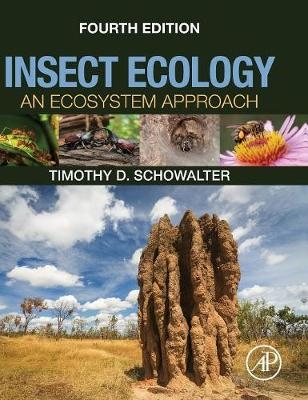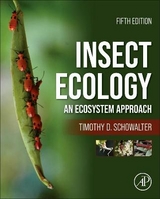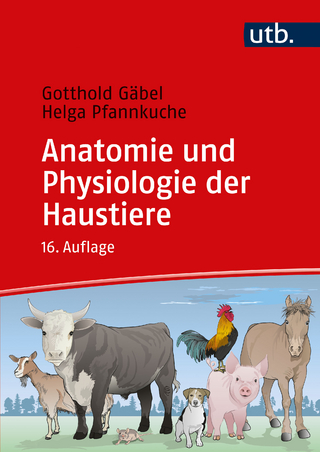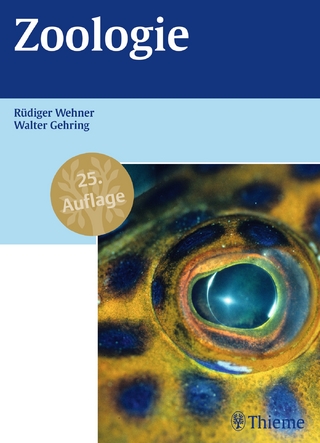
Insect Ecology
Academic Press Inc (Verlag)
978-0-12-803033-2 (ISBN)
- Titel erscheint in neuer Auflage
- Artikel merken
Chapters build on fundamental information to show how insect populations respond to changing environmental conditions, including spatial and temporal distribution of food and habitat. The next section integrates populations of interacting species within communities and how these interactions determine structure of communities over time and space.
Other works in insect ecology stop there, essentially limiting presentation of insect ecology to evolutionary responses of insects to their environment, including the activities of other species. The unique aspect of this book is its four chapters on ecosystem structure and function, and how herbivores, pollinators, seed predators, and detritivores drive ecosystem dynamics and contribute to ecosystem stability.
Timothy D. Schowalter received his Ph.D. degree in Entomology from the University of Georgia in 1979. He is currently a Professor of Entomology at Louisiana State University, where he also served as the department head until 2015. Previously, he was a professor of entomology at Oregon State University, Corvallis. Dr. Schowalter served as Program Director for Integrative and Theoretical Ecology at the National Science Foundation, where he was involved in developing global change and terrestrial ecosystem research initiatives at the federal level. He also served as a U.S. delegate to international conventions to develop collaboration between U.S. Long Term Ecological Research (LTER) sites and long-term sites in Hungary and East Asia and the Pacific.
1. Overview
Section I: Ecology of individual insects2. Responses to Abiotic Conditions3. Resource Acquisition4. Resource Allocation
Section II: Population ecology5. Population Systems6. Population Dynamics7. Biogeography
Section III: Community ecology8. Species Interactions9. Community Structure10. Community Dynamics
Section IV: Ecosystem level11. Ecosystem Structure and Function12. Herbivory13. Pollination, Seed Predation, and Seed Dispersal14. Decomposition and Pedogenesis15. Insects as Regulators of Ecosystem Processes
Section V: Applications and synthesis16. Application to Sustainability of Ecosystem Services17. Management of Insect Populations18. Summary and Synthesis
| Erscheinungsdatum | 18.08.2016 |
|---|---|
| Verlagsort | San Diego |
| Sprache | englisch |
| Maße | 191 x 235 mm |
| Gewicht | 2410 g |
| Themenwelt | Naturwissenschaften ► Biologie ► Zoologie |
| ISBN-10 | 0-12-803033-X / 012803033X |
| ISBN-13 | 978-0-12-803033-2 / 9780128030332 |
| Zustand | Neuware |
| Haben Sie eine Frage zum Produkt? |
aus dem Bereich



